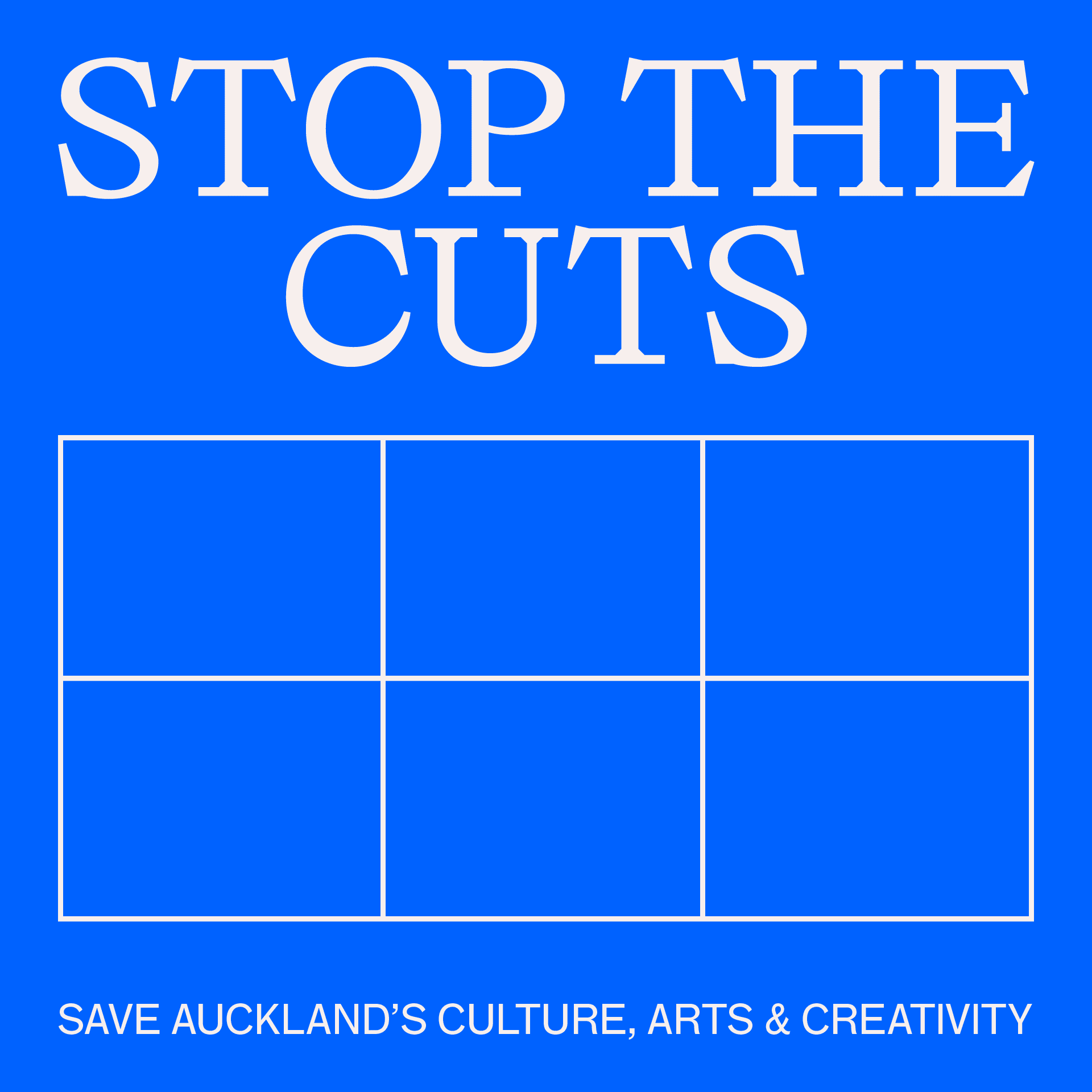Auckland Council’s draft budget for 2023/24, proposes to cut $36.5M from regional arts, events, and…
LETTER BY JOHN MINTO
WHEN A CRISIS SIGNALS THE NEED FOR CHANGE
We have included this letter on the Arts In Action page, because we believe that alternative views by people with a long history of involvement in creating a more equitable society need to be given a platform. John Minto has a significant and respected reputation for actively and passionately working for social justice in Aotearoa.
“You never change things by fighting the existing reality. To change something, build a new model that makes the existing model obsolete. The world needs a new vision of what is possible, ‘that can galvanize people around the world to achieve higher levels of cooperation in areas of common concern and shared destiny.” Buckminster Fuller circa 1965
Nigel Brown. 2012 Exhibited at the Depot during the exhibition, ‘Sum of the Parts’
23 April 2020
Open letter to government – Redirecting the post Covid 19 government spend
We are deeply concerned at government proposals to spend the bulk of our post-Covid 19 investment on large infrastructure projects to match corporate priorities.
Earlier this year before the pandemic, the government announced a $12 billion infrastructure spend with the biggest chunk to go to roading projects and there seems no change in direction with a committee, headed by former Fletcher Construction Chief Executive Mark Binns, to evaluate and recommend which “shovel ready” projects should proceed.
While there are large New Zealand-wide projects which should be funded (eg revitalisation of national and regional rail) it is essential that the lion’s share of the post-pandemic spending be invested in local “public-good” projects across the country.
The corporate sector, representing big business, is desperately keen for New Zealand to return to “business as usual” to ensure a smaller group of wealthier people can continue to enjoy the benefits of economic development at the expense of the rest of us, especially our lowest-paid workers in essential industries.
However, it was clear well before Covid 19 that “business as usual” had failed most of us. Despite the existential threat of climate change, for example, New Zealand’s greenhouse gas emissions have continued to rise year by year as policy decisions have favoured economic growth over human welfare. Similar unacceptable failures are evident in biodiversity, fresh water, rivers and streams, poverty and inequality, health, education, housing, mental health, incarceration rates etc
If we go back to “business as usual” we will simply carry forward the myriad of social and economic problems from the pre-pandemic era, in particular the shocking levels of poverty and inequality which have disproportionately damaged Maori and Pasifika whanau and entire low income communities.
We cannot move forward with people and families on low incomes struggling with high rents while paying a higher proportion of their incomes in tax (through income tax and GST) than those who will gain the most benefit from the proposed corporate-led government investment to “get the economy moving” again.
Meanwhile, local and regional councils across New Zealand are struggling with huge infrastructure deficits from over 30 years of “user pays” policies and privatisation of assets. In everything from sewage to fresh water supply, council rental housing and public transport, to name a few, our local infrastructure is in poor condition.
We have an opportunity with this unprecedented pandemic event to refocus government investment on local “public good” projects which will lead to stronger local communities and sustainability rather than projects which benefit the big end of town and take us in the opposite direction.
The benefits in doing this are many. We can fund projects that are of social benefit at socially appropriate wage rates. These can help future-proof local communities, reduce emissions and pollution levels and take a big step towards sustainability.
Local employment on local projects also brings new opportunities for partnerships with local iwi and urban Maori groups, for example, to dramatically reduce unemployment for those struggling already and who will be hardest hit by the post-pandemic recession.
Many more changes will be needed. Rent controls, a wealth tax and a liveable universal basic income need to be part of the mix.
Without this proposed change to local “public-good” spending priorities, local and regional councils will continue to struggle with rate increases well above inflation and crumbling local infrastructure while at the national level we will be told we must face higher taxes and austerity measures into the future to reduce government debt. It’s time we began reshaping the economy to work for people rather than the other way around.
However, our proposed change in focus for infrastructure spending has an unseen obstacle.
Our biggest political parties, National, Labour and New Zealand First have a heavy dependence on corporate donations to run their election campaigns and will therefore tend to support corporate priorities rather than doing what is best for New Zealand as a whole. We must not allow this to happen.
We need a “new normal” in our economy which focuses on strengthening and empowering local communities to work towards a more sustainable future. It can start with post-pandemic government spending.
Na,
Initial signatures:
Annette Sykes – Maori lawyer and veteran human rights activist
Mike Treen – National Director Unite Union
John Minto – Christchurch Progressive Network
Bronwen Summers – Community activist
Joe Carolan – Socialist Aotearoa
Warren Brewer – Community activist
Jen Olsen – Community activist
Andrew Tait – Community activist
Paul Hopkinson – Community activist
John Edmondson – Community activist




